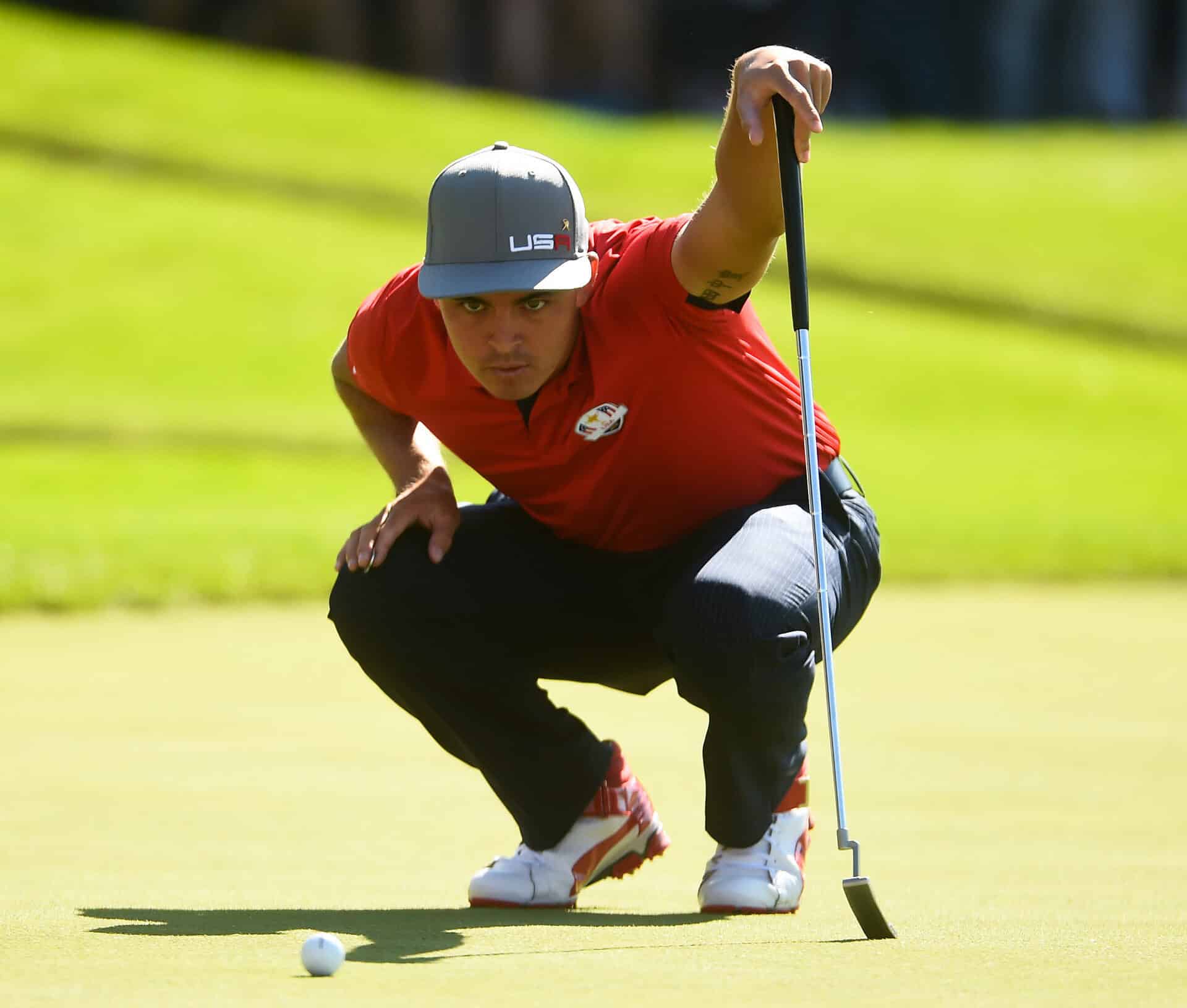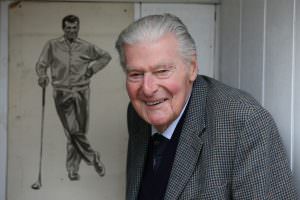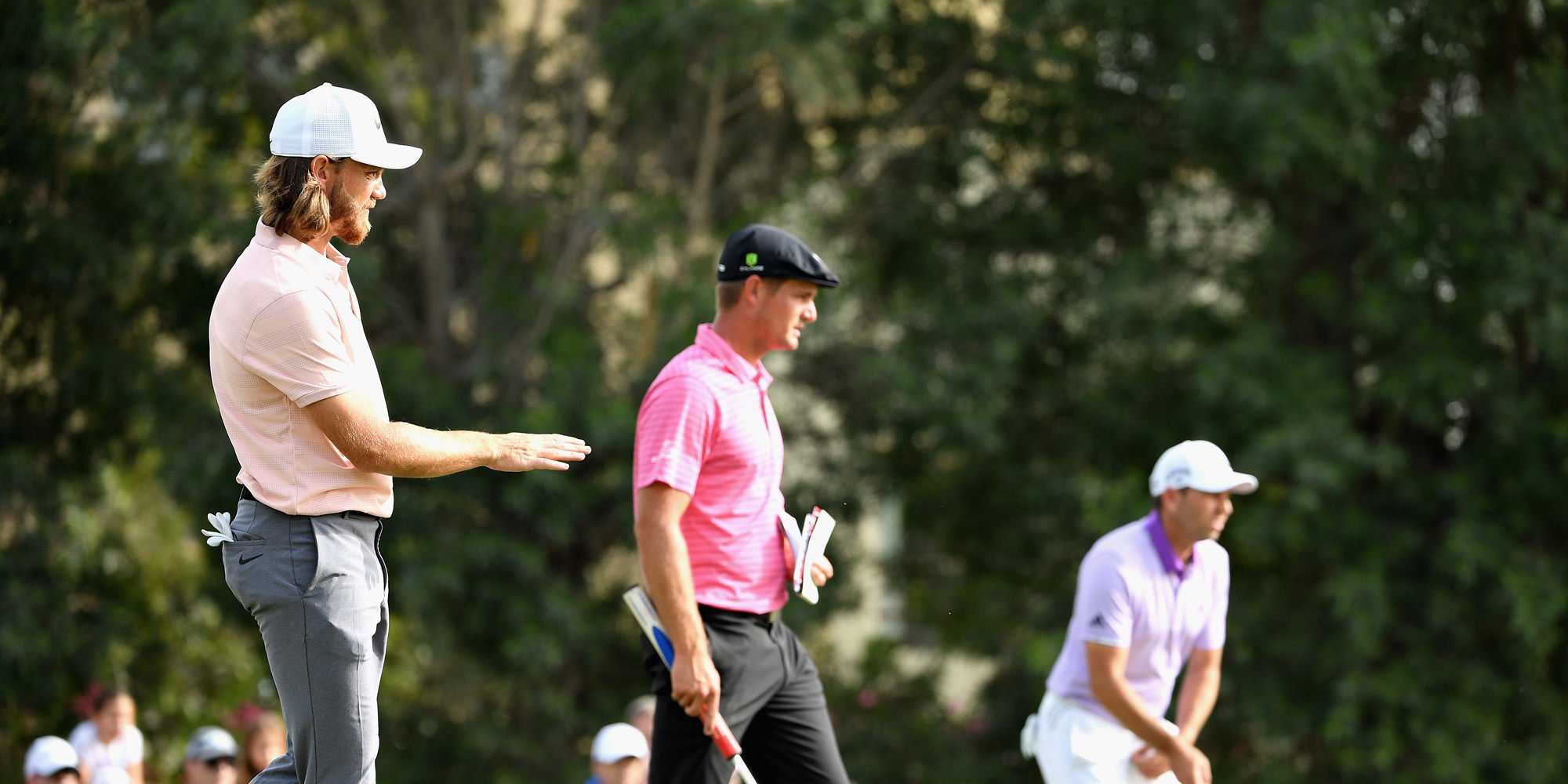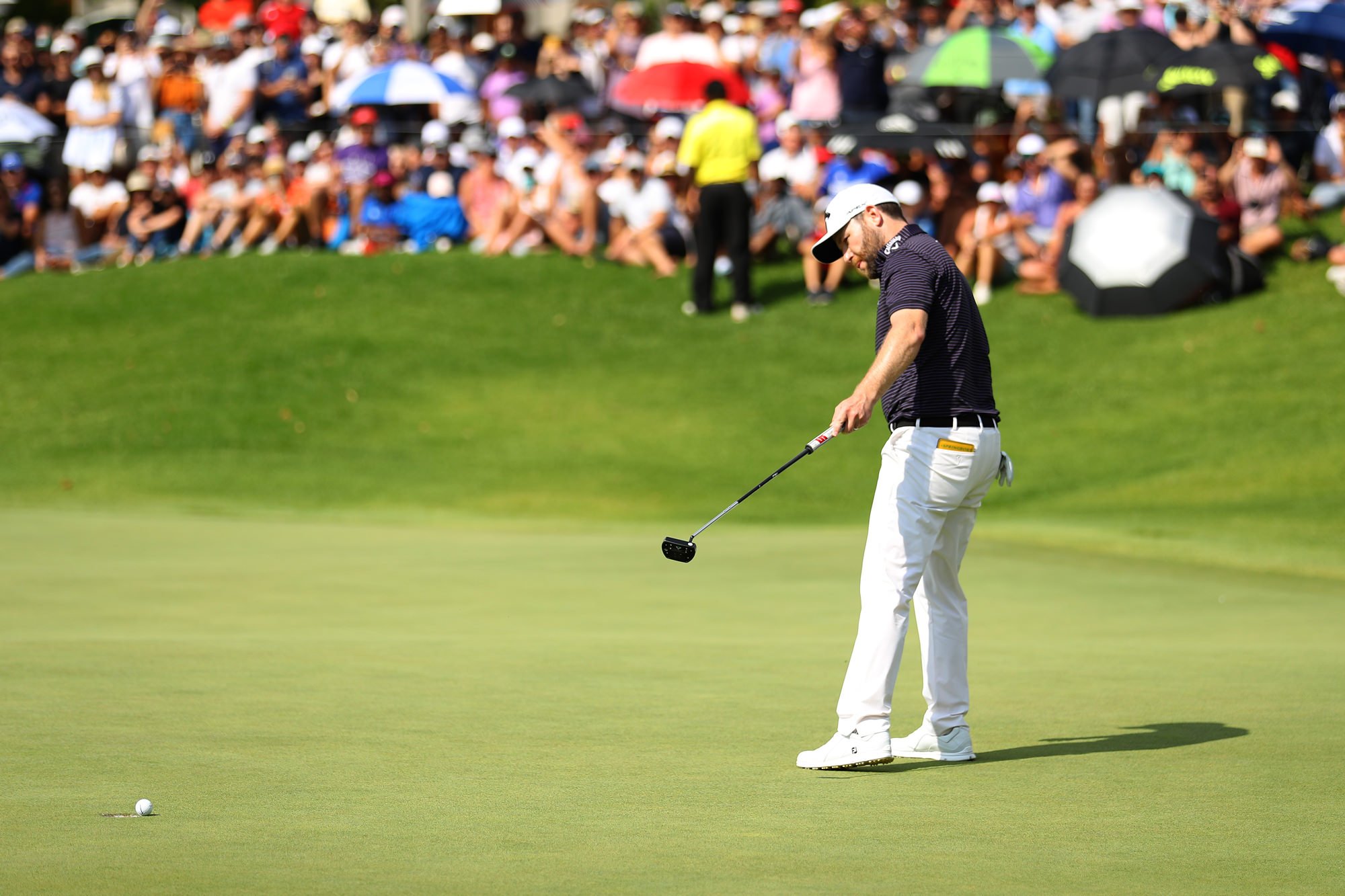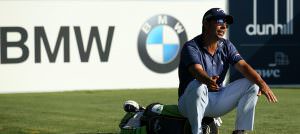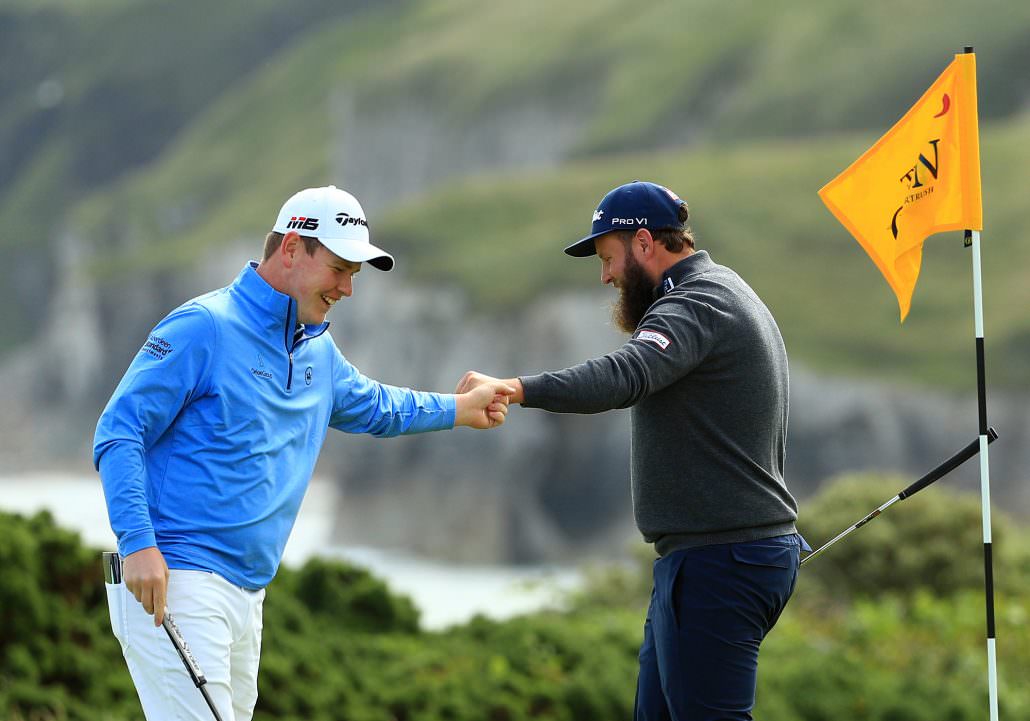
How to use the lockdown period to get your game ready
Sport takes a backseat in the current climate, and rightly so, as the world adapts and reacts to try and survive as best as possible. Though at some stage we will return to normality, or certainly a version of it, in the meantime there a lot of people isolating, with golf courses and practice facilities are closed. With that in mind, I thought I’d cover a few tips on how you can make sure you bounce back best when courses reopen. So here are five lockdown golf psychology tips:
Watch
One of the best ways to learn in sport is to watch. Given that most people will be spending a lot of time inside it actually presents a unique opportunity to watch highlights and instructional videos to help you analyse your swing and learn from the best. This is called observational learning.
Another great tip is to try, where possible, to watch others playing well who are at a similar level to you. Not only will this help you learn, it will also help to boost your motivation and confidence as it has the ‘if they can do it, I can do it too’ effect.
Learn
There are inherently a lot of negatives surrounding our current situation, however it has provided most of us with a lot of time for learning and reflection. Even though you may not be practising or playing it is really important that your learning doesn’t stop. Therefore, it’s a good opportunity to be a better student of the game and of your own game.
Here are a few questions that golfers can ask themselves during this time:
- What do I want to do differently when I play again?
- How am I going to be able to do that?
- Why was I not improving as much as I thought I would?
The key is to have a constant focus on improving, rather than questioning your abilities.
See
For some golfers they might be able to practice putting, chipping or, if you have a net, full shots. For others however, they might not be able to do any practice at all. This means that using your imagination is going to be important. Specifically starting to visualise what you want to happen when you return to the course. Interestingly, if you visualise properly you can activate some of the same muscle groups that you would actually use when swinging the club, which means it is a great substitute for not being able to swing it at all.
I previously wrote a column on how to visualise properly, this included five tips:
Get physical: This includes, getting into your stance, hold a club or even wear your golf clothes and shoes.
Get creative: Use all of your senses to make it as clear as possible; what can you hear? What can you smell? Who else is there?
See your game: The most important rule is to stay realistic, yet visualise yourself at your best.
Keep perspective: Choose either first- or third-person view and don’t visualise your actions too quickly or slowly.
Get emotional: Think about and embrace how you want to feel on the golf course, i.e. confident, calm, composed.
Do
Where possible, it’s important to try and stay proactive. There are two ways that we could choose to approach our current situation. One way is to stop what you were working on and give up the season. The other would be to be proactive and embrace the rest, recovering and preparation time you are getting. It’s a great time to start working on other aspects that impact your game such as sleep, diet and recovery from any niggles.
Adjust
If you had specific targets or goals for this season in mind, it can be quite frustrating if you’re not able to reach them anymore. However, you should try and keep perspective and keep the bigger picture in mind. For example, this gives you more preparation time to be off to a better start in achieving your goals when you are able to work towards them again!
Final thought
This is a stressful and uncertain time for all of us and of course health comes first. However, spending some time thinking about your golf game when you have the time will certainly help you bounce back best and if anything, else, it can help provide a nice escape too.
About Matt Shaw
Matt Shaw is a performance psychologist at InnerDrive who has worked with highly-skilled amateurs and tour professionals. InnerDrive’s team of sport and performance psychologists have been helping elite athletes perform at the top of their game, and even win medals for Team GB at the London 2012 and Rio 2016 Olympics. On top of their one-on-one coaching and workshops for golfers, coaches and parents, they regularly produce resources to help every player improve their mental game. Visit their website or follow them on Twitter to learn more.
Follow NCG on Twitter, Facebook and Instagram – and don’t forget to subscribe to our YouTube channel for free online golf instruction, the latest equipment reviews, and much, much more.
Thanks for stopping by.
We wondered if you might like to contribute to supporting our work?
As the world enters uncharted waters, we’d like to be able to keep our content open for all to entertain and inform in the months ahead.
We’d like to think we are the voice of the ordinary golfer the world over. Whether your interest is in the game from tour level to grassroots, the latest equipment, or independent course rankings, we’ve got you covered.
If you want to read more about how you can help us and to donate, please CLICK HERE.
Hannah Holden

Hannah Holden is the Equipment and Instruction Editor here at National Club Golfer. If you’re looking to improve your game, by changing your golf swing or upgrading your golf equipment she’ll have the answers.
As well as writing lots of features and reviews you can find her on our YouTube channel giving you insights on the latest rules, clubs and tips to improve your golf game.
Hannah is a member at Alwoodley golf club. You will either find her here or driving up and down the country playing in a variety of elite amateur events.



